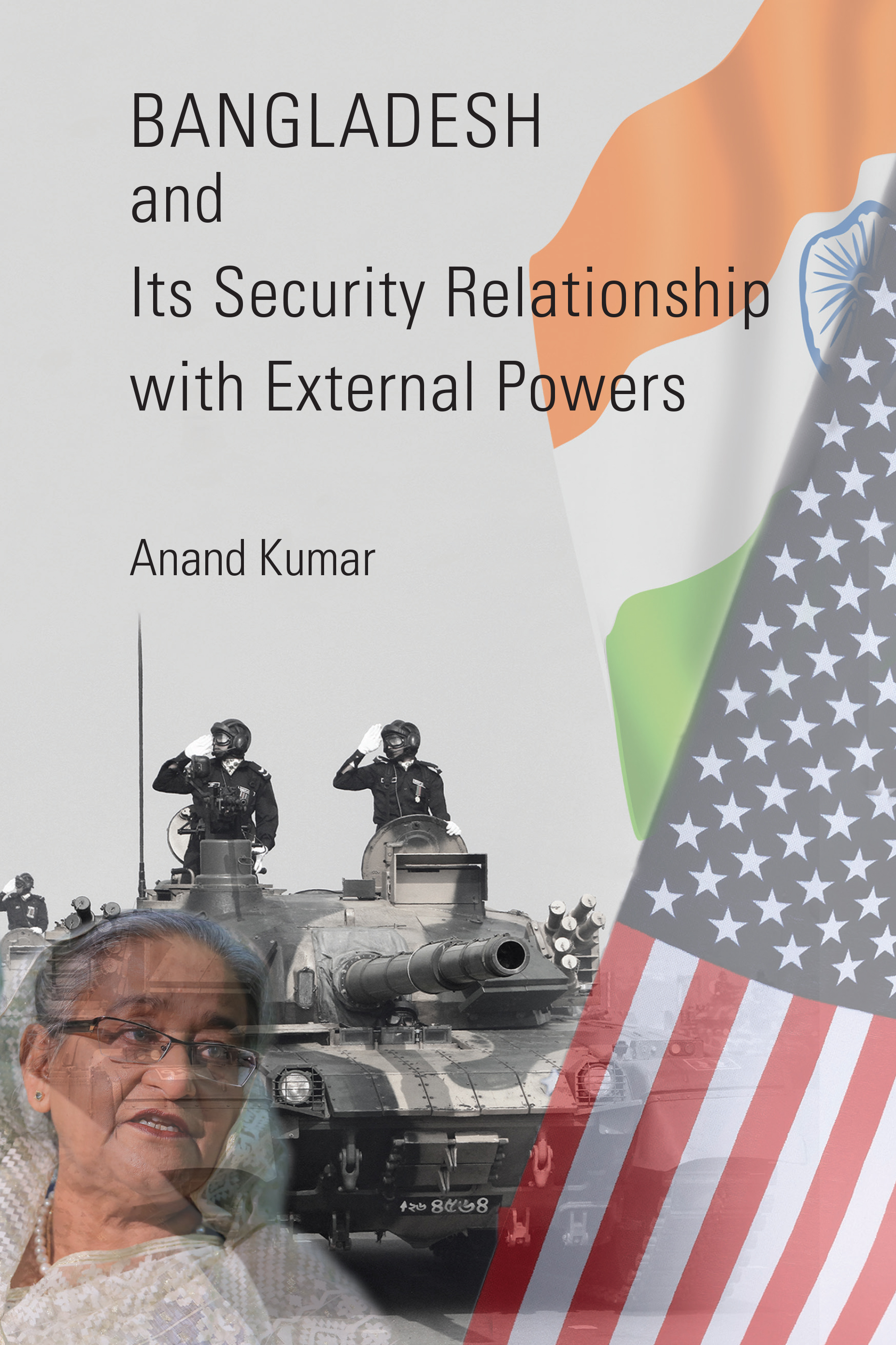A state’s security is heavily dependent upon its geopolitical environment. The geopolitical setting of South Asia changed in 1971 with the birth of Bangladesh as a new, independent nation. India already faces a hostile neighbour on its western border. In the north, China is a major threat. In this geopolitical setting the kind of relationship India has developed with Bangladesh becomes important.
The military coup of August 1975 in Bangladesh marked a major shift in the way the country perceived its foreign and defence policies. India, its supporter in the liberation war, was now presented as the main threat to national security. A country’s defence policy and defence-related procurements depend on the threat perception of that country. Bangladesh, despite being a poor country, has tried to acquire significant defence capability mainly due to its perceived sense of insecurity and to some extent to participate in the United Nations peacekeeping operations. Some of the steps taken by Bangladesh purportedly to enhance its own security have meant that the security environment in the region has actually deteriorated. In this context Bangladesh’s security relationship with other major powers has significant implications for Indian security, and the book tries to throw light on it.
Dr. Anand Kumar
is an Associate Fellow at the Manohar Parrikar Institute for Defence Studies and Analyses (MP-IDSA), New Delhi. He joined the Institute in 2007 after completing his PhD from the School of International Studies, Jawaharlal Nehru University (JNU). His area of specialisation is Bangladesh, Maldives, South Asian politics and Counter-terrorism. Before joining MP-IDSA he worked at the South Asia Analysis Group on similar themes and with the Institute for Conflict Management which specialises on Counter-terrorism. Over the years, Dr. Kumar has worked on strategic issues gaining reputation as a leading security expert.
Dr. Kumar was a visiting professor and chair (Indian Ocean Studies) in the University of Dar-Es-Salaam (UDSM) from November 2017 to November 2019. He worked in the department of political science and public administration. In UDSM he taught Counter-terrorism, regional integration, peacemaking and conflict resolution. He also closely followed issues related to African politics, economics and security.
Dr. Kumar has authored two books and has an edited volume. His first book Return from the Precipice: Bangladesh’s Fight Against Terrorism was published in 2012. His second book Multi-party Democracy in the Maldives and the Emerging Security Environment in the Indian Ocean Region was published in 2016. He has published over 30 research papers in reputed journals and edited books. He has delivered lectures on security issues both in India and abroad. He has participated and presented papers in national and international conferences.
Contents
Acknowledgements
1. Introduction
2. Bangladesh’s Hobbled Defence Partnership with India
3. China, a Pre-eminent Defence Partner of Bangladesh
4. New Strategic Calculations Boost Bangladesh-Russia Defence Relations
5. Changing Strategic Configuration and Bangladesh-US Defence Relationship
6. The Role of Bangladesh in UN Peacekeeping Operations
7. Conclusion
Index


 Political Science
Political Science
